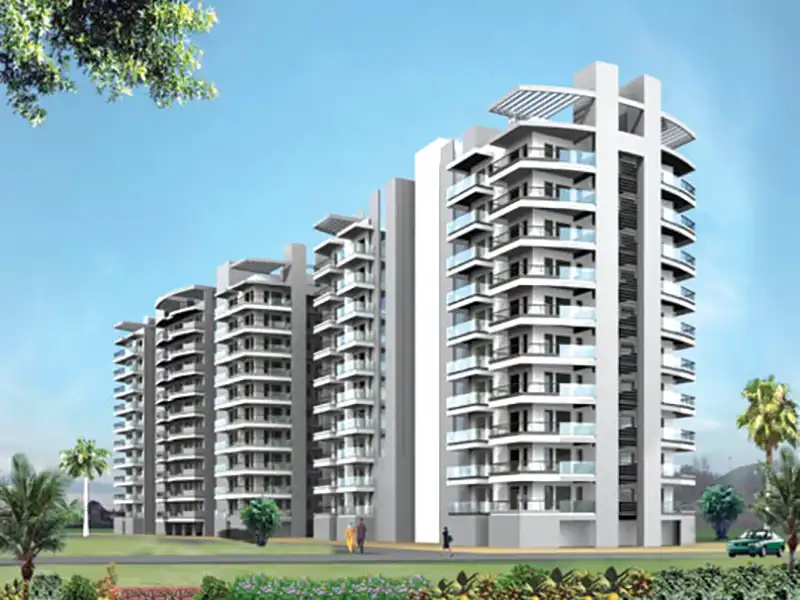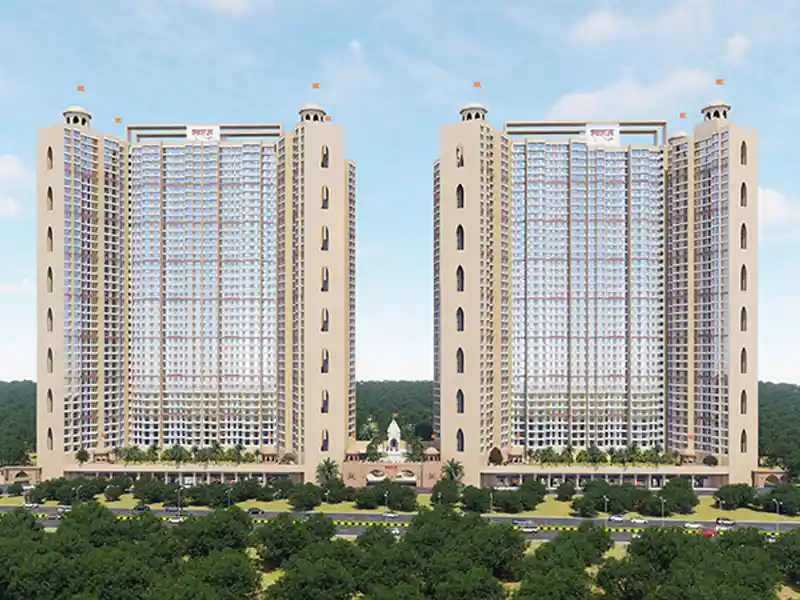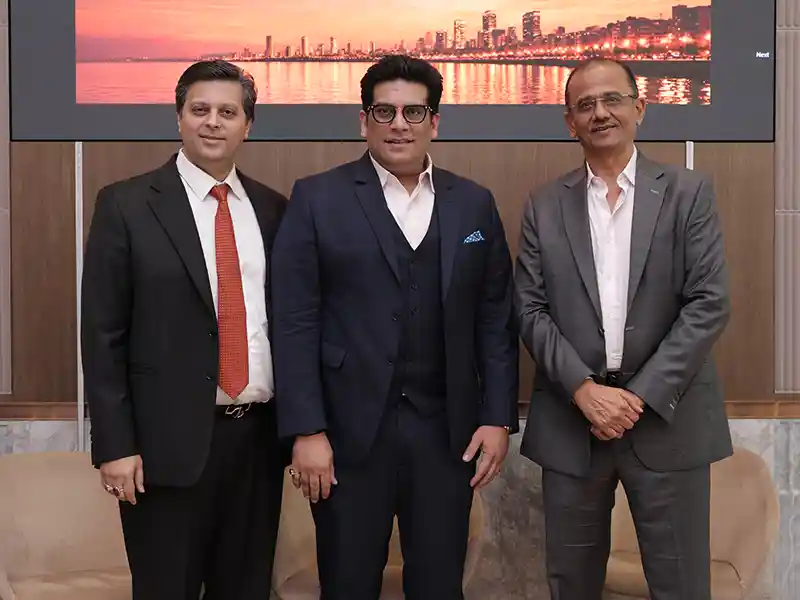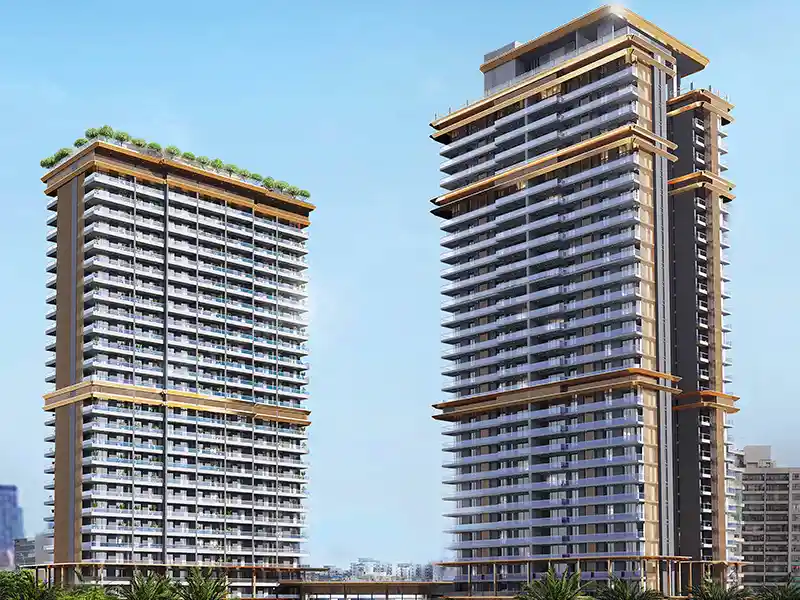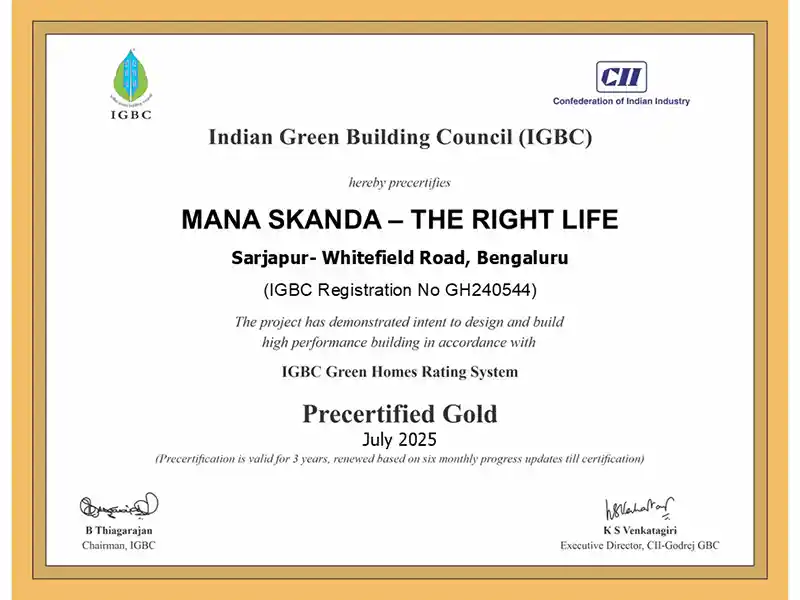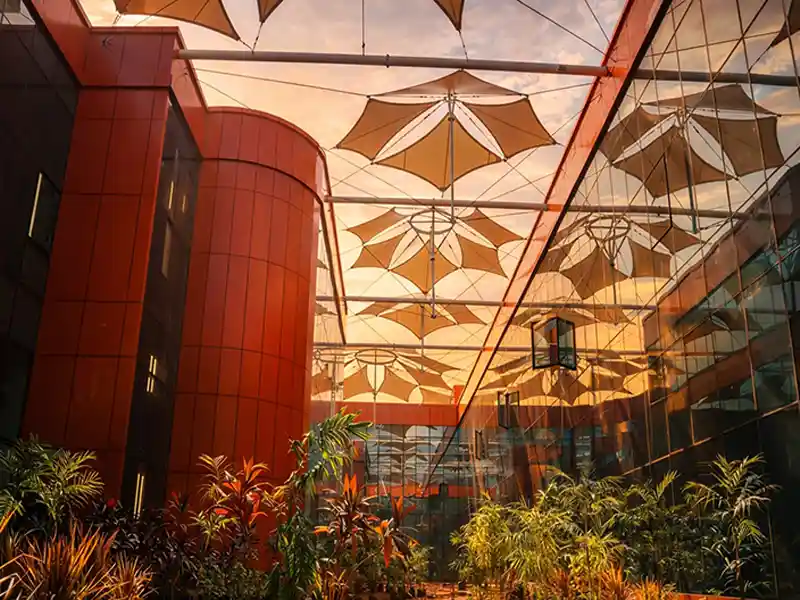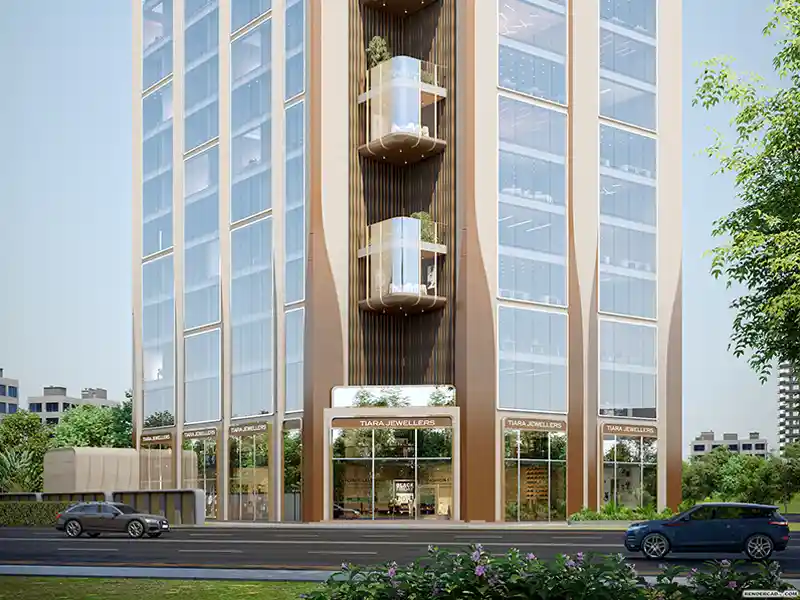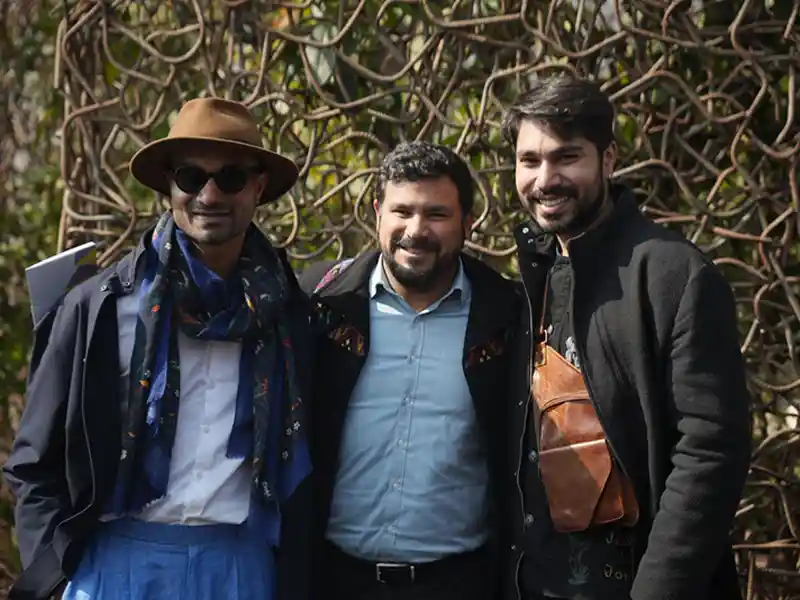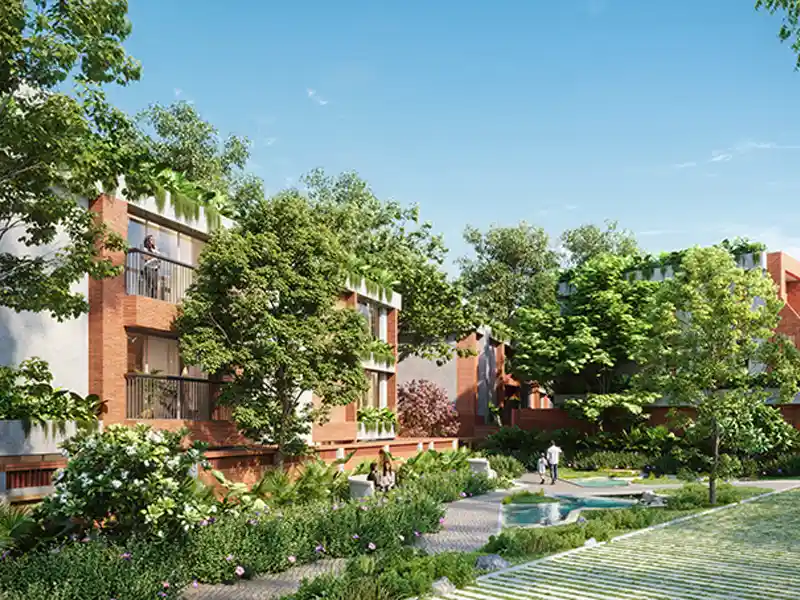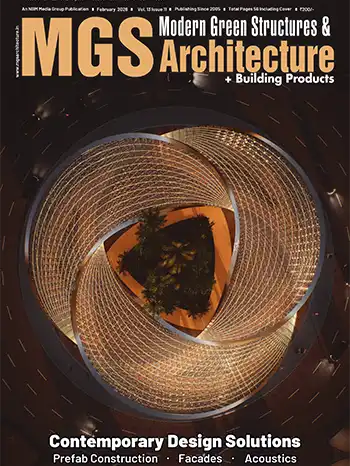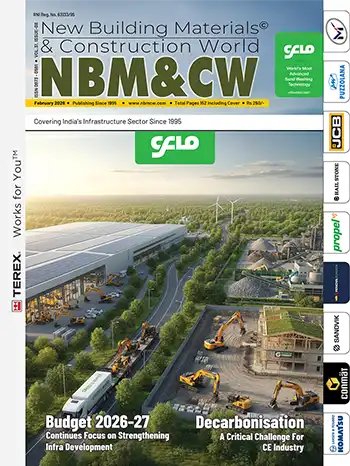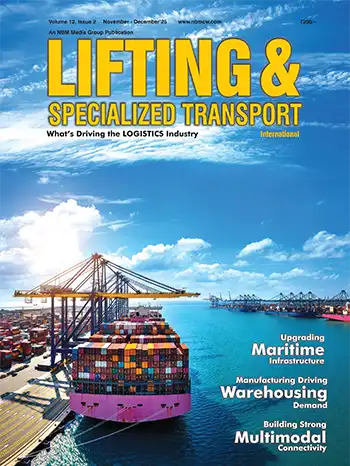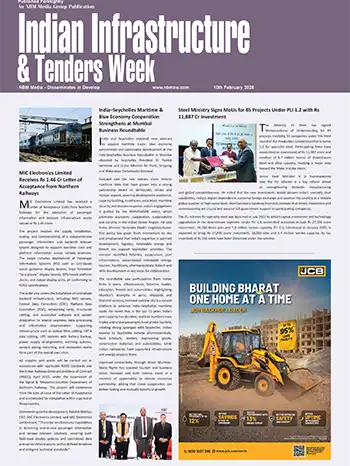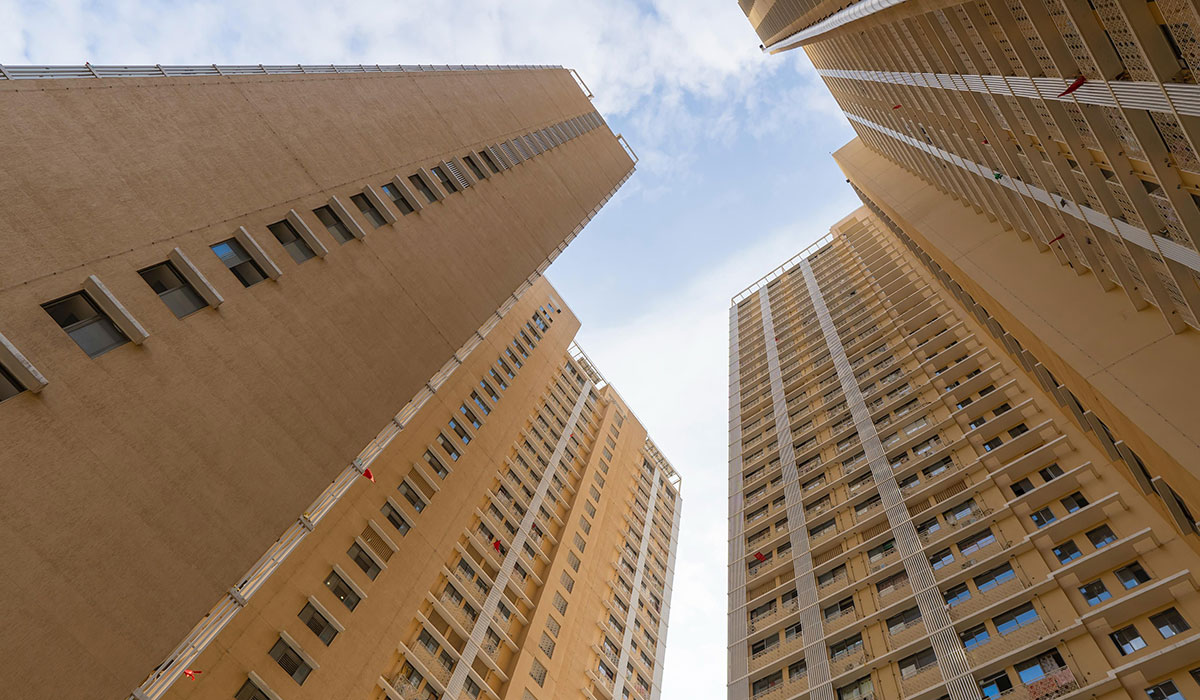
The project, one of India’s largest urban renewal efforts, is founded on a “cluster redevelopment” model. It aims to replace 250 decrepit buildings with 11 modern towers, significantly enhancing residents’ quality of life while preserving the community's socio-cultural fabric. Sustainability lies at the core of Bhendi Bazaar’s redevelopment. The new infrastructure incorporates green building practices recognized by the Indian Green Building Council (IGBC). Residential towers are designed with optimal ventilation and natural lighting, reducing the need for artificial cooling and lighting, thereby minimizing energy consumption.
The buildings use solar panels to power common areas, including lighting and elevators, which further lowers dependence on non-renewable energy. Additionally, the use of energy-efficient appliances and LED fixtures ensures that everyday living is more sustainable. Each tower includes green spaces and landscaped gardens that not only beautify the area but also reduce the urban heat island effect, improving air quality and comfort for residents.
Water conservation is another pillar of the Saifee Burhani Upliftment Project. All new buildings are equipped with rainwater harvesting systems that collect and store monsoon water for non-potable uses. This initiative reduces pressure on municipal water supply and promotes groundwater recharge. Furthermore, sewage treatment plants (STPs) are built into the infrastructure to recycle wastewater for landscaping, flushing, and cooling systems. The dual plumbing system in place separates greywater and blackwater, maximizing the use of recycled water and contributing to a closed-loop water management system.
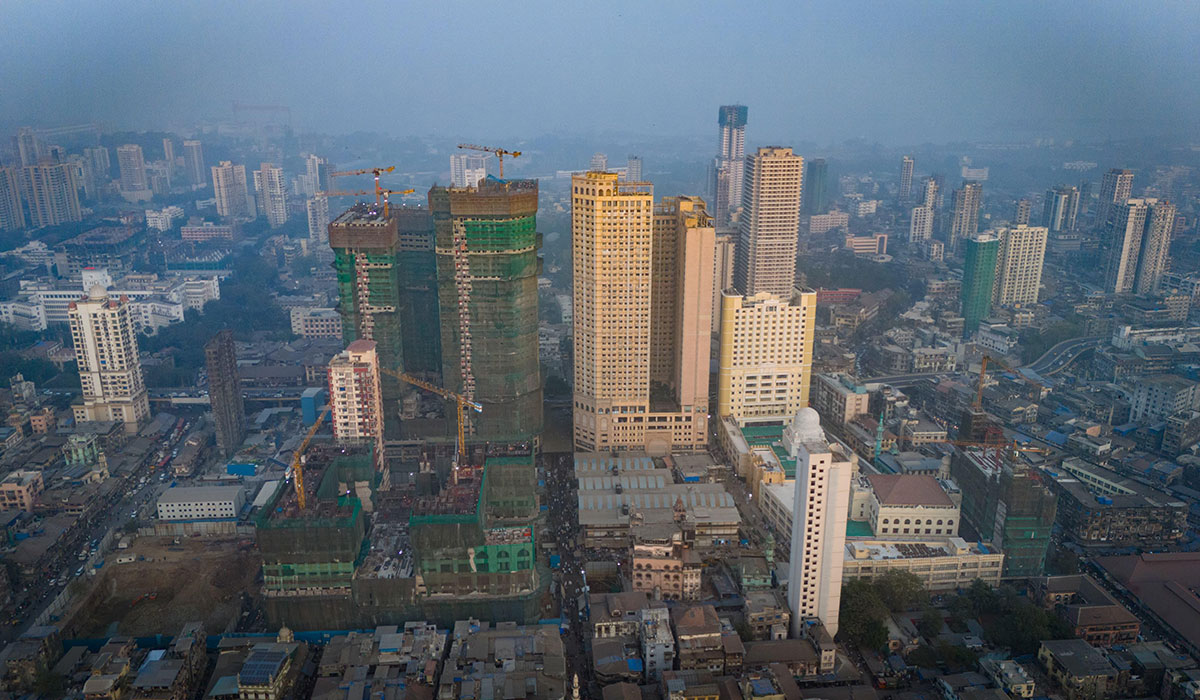
Previously, Bhendi Bazaar faced challenges with inefficient and unsanitary waste disposal. As part of the redevelopment project, a centralized waste management system has been implemented. This includes waste segregation at the source, dedicated collection chutes on each floor, and an on-site Organic Waste Converter (OWC) for processing organic waste. Organic waste is processed into compost, which is then used for the site’s landscaped gardens, completing a sustainable loop. This process not only reduces landfill burden but also promotes environmental consciousness among residents.
Connectivity and mobility have been reengineered with sustainability in mind. The new layout introduces wider roads, pedestrian-friendly footpaths, and organized parking areas—an improvement over the earlier congested lanes. Importantly, the project promotes non-motorized transport and mass transit use. Proximity to public transport hubs like Mumbai’s Mohammed Ali Road and Charni Road railway station encourages residents and visitors to shift from private vehicles to greener commuting options. Provision for electric vehicle charging stations anticipates future transport trends and furthers the project’s eco-conscious goals.
Sustainability is not limited to the environment—it also includes social and economic resilience. Saifee Burhani Upliftment Trust ensures that every original resident and shopkeeper returns to a better, more dignified life. All families will receive free, ownership-based housing units with significantly improved amenities—ventilation, hygiene, elevators, and access to community spaces. For businesses, the project is providing modern commercial units with higher footfall potential, improved infrastructure, and better business continuity. This ensures that economic activity is not just maintained but enhanced, supporting livelihoods in a sustainable ecosystem.
Additionally, each tower is equipped with fire safety systems, disaster resilience measures, and smart building management systems to ensure long-term safety and sustainability.
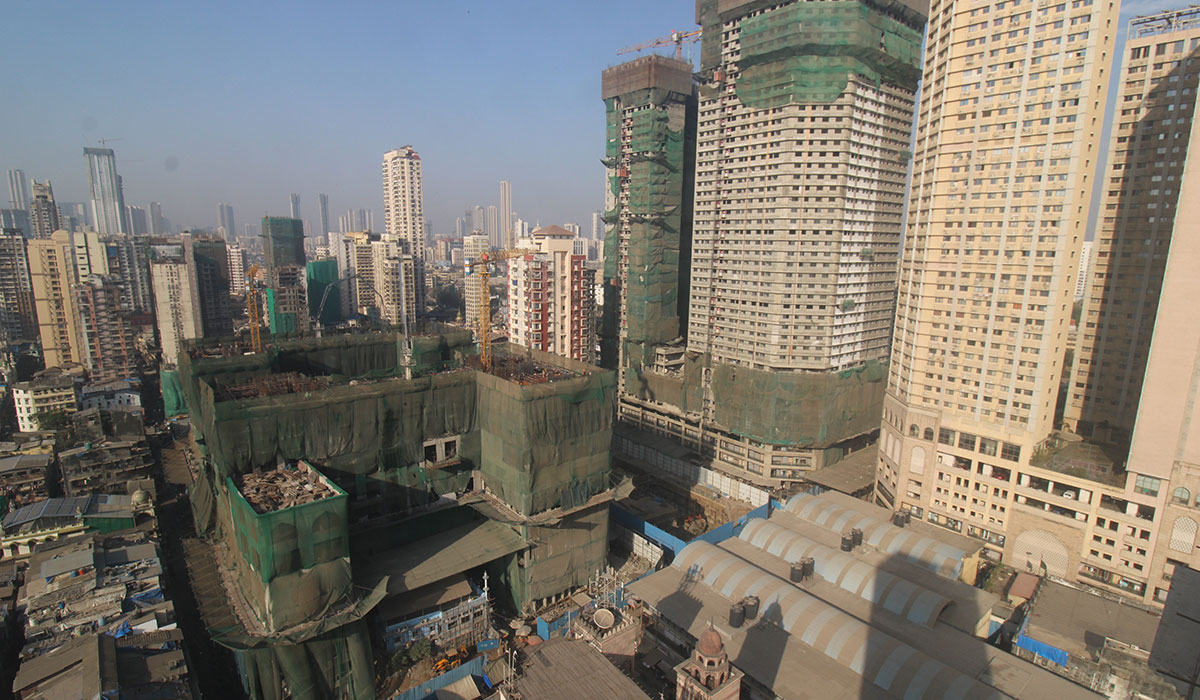
One of the most notable aspects of the Bhendi Bazaar redevelopment is its phased implementation. This minimizes displacement and ensures continuity for the community. Residents are temporarily relocated to transit accommodations and are later resettled in their upgraded homes within the new infrastructure. Bhendi Bazaar’s redevelopment is more than a physical transformation—it’s a forward-looking model for the future of Indian cities. In a time when rapid urbanization often undermines sustainability, this project exemplifies a balanced approach that integrates modern infrastructure with environmental responsibility and social inclusion.
By incorporating solar panels, sewage treatment plants, efficient water and waste management systems, and thoughtful community planning, the project sets a benchmark in sustainable urban development. It avoids the typical pitfalls of gentrification by preserving community integrity and elevating residents’ quality of life.As Indian cities face growing challenges—overcrowding, deteriorating infrastructure, and environmental strain— Bhendi Bazaar emerges as a symbol of holistic redevelopment. It goes beyond superficial upgrades to address core urban issues, redefining what it means to build truly sustainable cities in the 21st century.
Once completed, the Saifee Burhani Upliftment Project in Bhendi Bazaar is set to become a benchmark for inclusive, future-ready urban regeneration—both nationally and globally.

